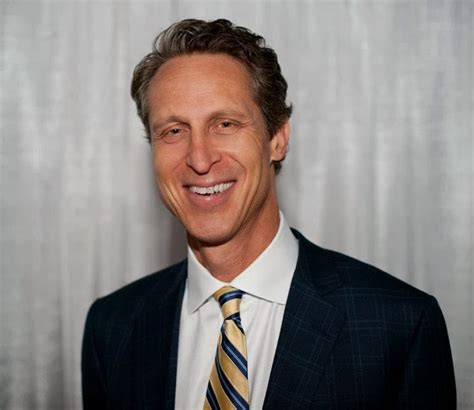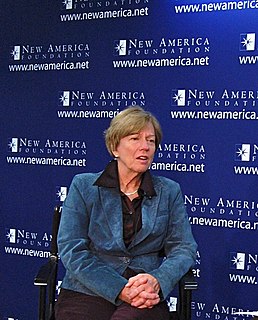A Quote by Noam Chomsky
If you claim to have a theory that deduces unexpected consequences from nontrivial principles, let's see it.
Quote Topics
Related Quotes
Principles always have natural consequences attached to them. There are positive consequences when we live in harmony with the principles. There are negative consequences when we ignore them. But because these principles apply to everyone, whether or not they are aware, this limitation is universal. And the more we know of correct principles, the greater is our personal freedom to act wisely.
If the theory accurately predicts what they [scientists] see, it confirms that it's a good theory. If they see something that the theory didn't lead them to believe, that's what Thomas Kuhn calls an anomaly. The anomaly requires a revised theory - and you just keep going through the cycle, making a better theory.
In these researches I followed the principles of the experimental method that we have established, i.e., that, in presence of a well-noted, new fact which contradicts a theory, instead of keeping the theory and abandoning the fact, I should keep and study the fact, and I hastened to give up the theory.
Myths about the dire effects of genetically modified foods on health and the environment abound, but they have not held up to scientific scrutiny. And, although many concerns have been expressed about the potential for unexpected consequences, the unexpected effects that have been observed so far have been benign.




































